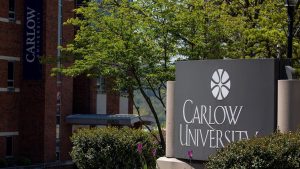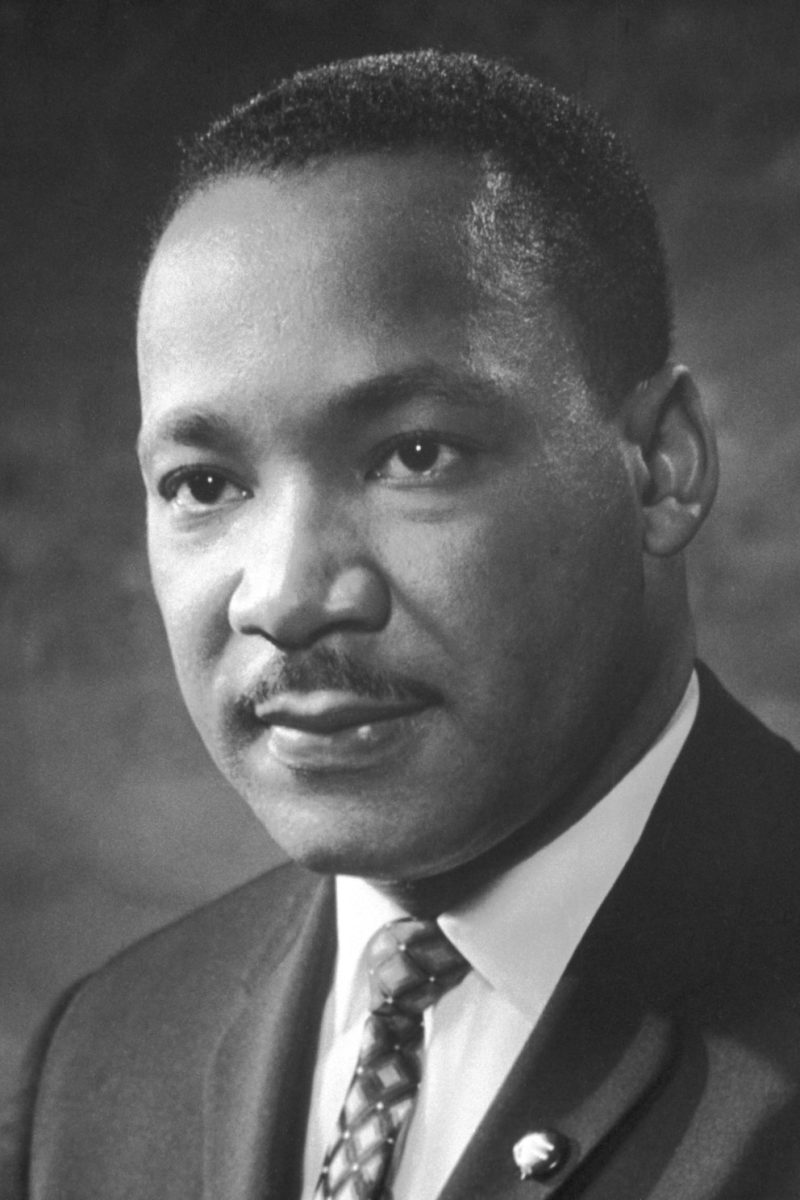Martin Luther King Jr. Day, celebrated annually on the third Monday of January, is a federal holiday in the United States that honors the life and legacy of Dr. Martin Luther King Jr.
An iconic leader of the American civil rights movement, Luther’s tireless advocacy for equality through nonviolent resistance left an indelible mark on the fabric of American society.
The establishment of this holiday reflects the nation’s journey toward recognizing the values of justice, peace, and inclusivity.
The push for a national holiday in honor of Luther began shortly after his assassination on April 4, 1968.
Many Americans were deeply affected by his death, and a grassroots movement quickly developed to memorialize his contributions and ideals.
The idea was first proposed by Congresswoman John Conyers and Senator Edward Kennedy, who introduced legislation to create the national day.
Initial efforts, however, faced significant opposition. Many politicians argued against the creation of a new federal holiday, citing the cost and other concerns about public observance.
Nevertheless, supporters persisted, engaging in campaigns, rallies, and petitions that drew national attention to the cause.
After many trials and tribulations, in 1979, after over a decade of advocacy, President Jimmy Carter signed a bill establishing Martin Luther King Jr. Day as a national holiday.
The legislation proposed by Conyers and co-sponsored by a broad coalition of lawmakers was set to commemorate Luther’s birthday, celebrated on Jan. 15.
The holiday would recognize not only his leadership in advancing civil rights but also his commitment to peace, justice, and equality for all people.
However, the celebration did not take effect immediately.
The first official celebration of Martin Luther King Jr. Day took place on Jan. 20, 1986, but it would be several years before all states recognized the holiday.
This led to frustration among many advocates, as several states resisted the adoption of the holiday, choosing instead to celebrate it under different names or not at all.
By the late 1980s and early 1990s, public opinion was shifting in favor of honoring Luther’s contributions to American society.
After years of advocacy and public pressure, all states would eventually recognize Martin Luther King Jr. Day. In 1999, South Carolina became the last state to officially celebrate the holiday.
Martin Luther King Jr. Day serves multiple roles in American society today. It is a day of reflection on the struggles and achievements of the civil rights movement, an opportunity for education on issues of race and equality, and a call to action for community service.
The day is often characterized by volunteer work and service-oriented acts across the nation, reinforcing Dr. King’s belief that life’s most persistent and urgent question is, “What are you doing for others?”.
Martin Luther King Jr. Day stands as a testament to the enduring impact of civil rights activism and the ongoing journey toward social justice.
From its inception amidst resistance to its current role in promoting community service and reflection, this holiday honors the legacy of a man whose vision for a more equitable society continues to inspire generations.
As another year goes by, people must remember the day serves as a reminder of the work yet to be done in the quest for equality, peace, and justice for all.













